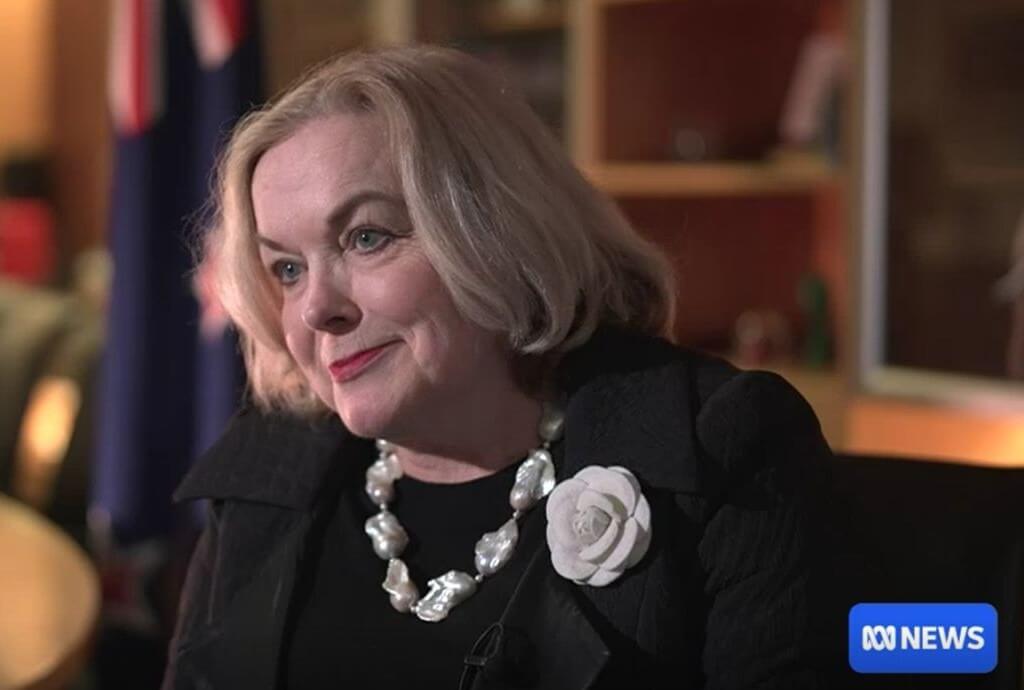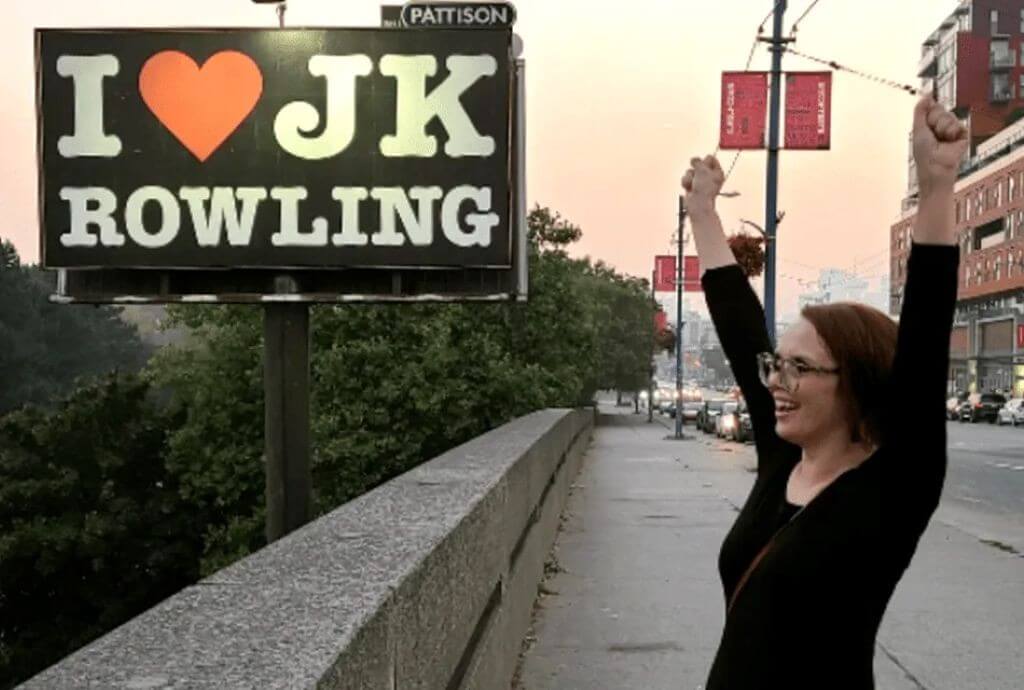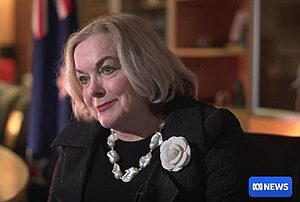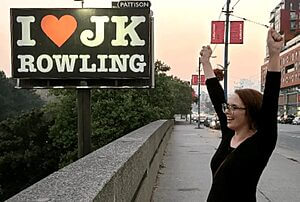In brief
- Prime Minister Hipkins and Police Commissioner Coster wrongly denied public reports of crime in the wake of Hawke’s Bay flooding.
- Police have gradually isolated themselves from media, and communication errors have become commonplace.
- Gisborne Police Commander admits to censoring public discussion of crime as “disinformation”.
Political miscommunication
In the aftermath of Hawke’s Bay flooding, residents are calling for more security help as concern over looting and heightened gang activity continue.
These threats were downplayed by Police Commissioner Coster and Prime Minister Hipkins, who went so far as to dismiss the report of a roadworks team threatened at gunpoint. Those who repeated the story on social media were called liars and purveyors of disinformation, but a week later police admitted the report was true.
The Prime Minister said “I regret that one of the comments that I made was taken to be questioning the authenticity of what people were saying”. Coster apologised to Hipkins for the incorrect information, and admitted his downplaying of crime was “unhelpful” for locals afraid of looters.
Minimization of public concerns of crime has been a common pattern of Commissioner Coster and Hipkins as Police Minister.

Police miscommunication rife
Chris Hyde, editor of Hawke’s Bay Today, says police communication with the public has been damaged by changes in police structure that have made errors “an everyday occurrence that now drives the media to distraction.”
“Meetings with reporters were slowly replaced by each region having its own police media liaison on the ground, as police sought to keep the sergeants at arm’s length from journalists. And then six or seven years ago, the entire police media set-up was centralised to teams in Auckland, Wellington and Christchurch. It means that [now] there is no safety net to catch [errors]…”
Censorship preventing error correction
Commissioner Coster’s denial of post-flood crime was in line with those of Gisborne Police Commander Sam Aberahama. In a 23 February 2023 media conference, Aberahama said burglary was down, and that reports of a spike in crime were not supported by evidence. Further, they were “disinformation” that their “social media team are actively working to have removed”. Facebook users confirmed having posts about the flood aftermath removed.
Rather than leaving open the possibility of police miscommunication or error, such as unreported crime in an area experiencing telecommunications difficulties, police tried to control the narrative. Do they even have the right to censor public discussion?
Treating political criticism as infection
This appears to be a continuation of political censorship that was a hallmark of Prime Minister Ardern. RNZ accompanied their report covering the Gisborne police press conference with video of an interview with Disinformation Project “researcher” Dr Sanjana Hattotuwa. He said Covid conspiracy theorists in “highly sophisticated networks that are following a foreign script” have switched their focus to spreading misinformation around the Auckland floods, Cyclone Gabrielle, and climate change. Hattotuwa called this “an infection of the mind” that “isn’t going to go away”.
Perhaps it is the Disinformation Project itself that should go away, since it appears its role is to muzzle things the Government doesn’t like.



















